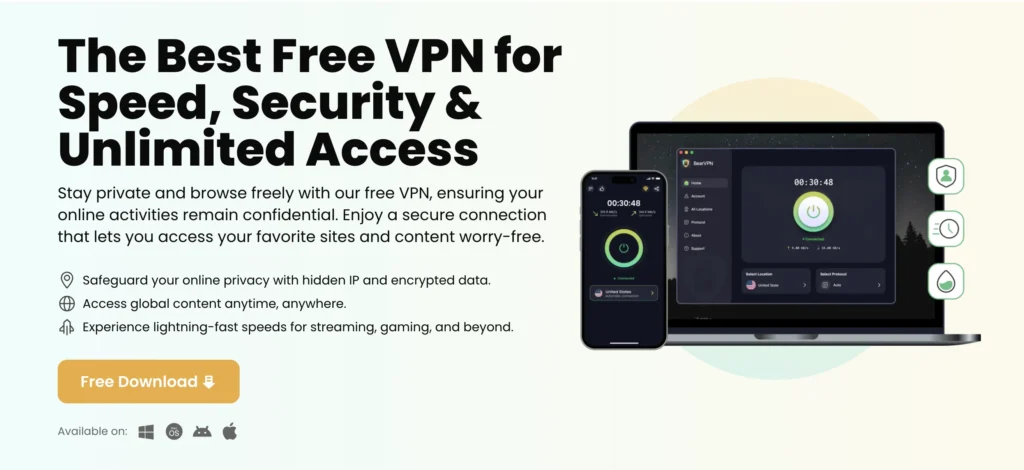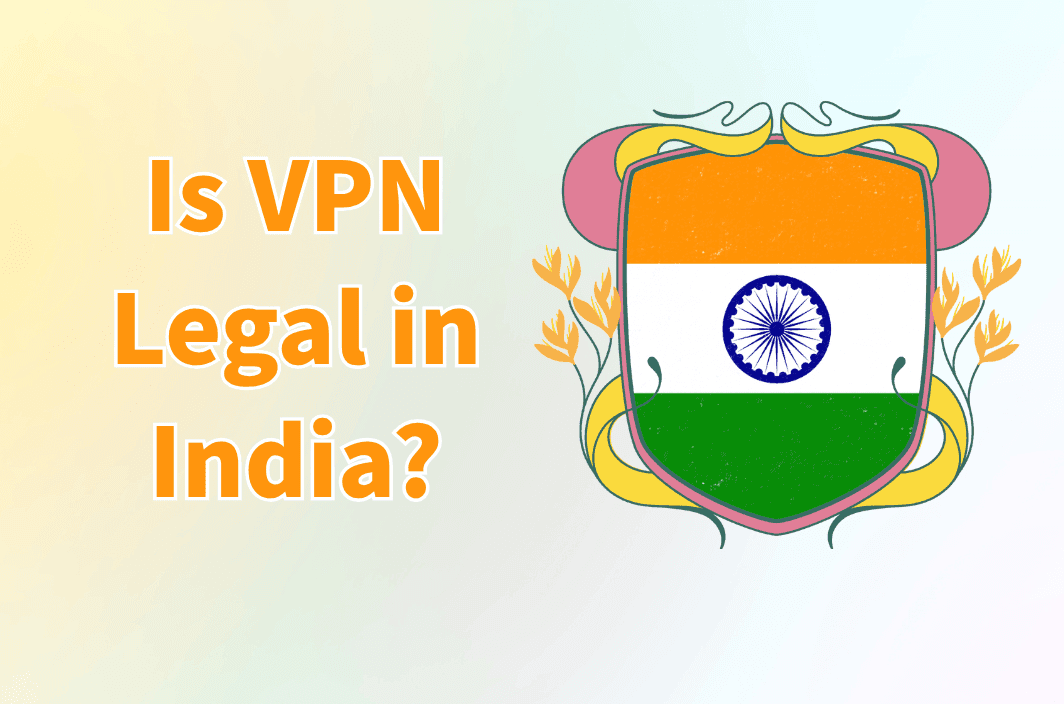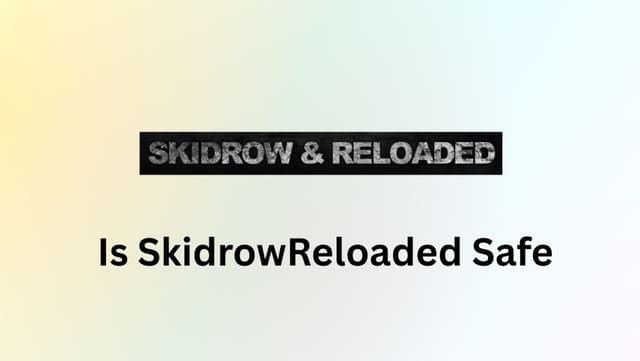If you’re wondering “is VPN legal in India,” the short answer is yes—using a virtual private network is legal for individuals. What changed in 2022 is the level of regulation facing providers that operate in the country, especially around customer data retention and incident reporting. Since then, some services removed their physical servers in India, and in early 2025, there were reports of certain VPN apps disappearing from local app stores. This guide clarifies the rules, the practical safety picture, and how to choose a VPN responsibly—plus a criteria-based recommendation.
Are VPNs Banned in India? The Short Answer
There is no blanket ban on VPN use in India. The legal environment shifted with CERT-In’s 2022 directions, which require providers operating in India to keep specific customer/connection records for five years and report certain incidents quickly. That compliance burden reshaped how many services deliver Indian IPs.India has not outlawed VPNs. Authoritative reporting and industry explainers consistently note that VPN usage remains legal, even as rules tightened for providers after April–May 2022. Those “CERT-In directions” (under India’s IT Act) mandated that service providers—including VPN services operating in India—retain specified subscriber details and certain technical logs for five years, and notify CERT-In of covered incidents within six hours.

The combination of long-term retention and fast reporting led many global VPN brands to reconsider hosting equipment physically inside India. Several responded by withdrawing local servers, while continuing to offer “virtual India” locations (servers physically outside India that assign Indian IP addresses). For everyday users, the upshot is: using a VPN is lawful, but the regulatory context affects which server options are available and how some apps are distributed.
What CERT-In Rules Actually Require (Since 2022)
To understand why the market changed, it helps to look at what CERT-In actually asks for. The official FAQ and legal analyses outline retention, reporting timelines, and clarifications about who is covered—including notes that distinguish enterprise/corporate VPNs from consumer services.
The May 2022 CERT-In FAQ says providers covered by the directions must retain subscriber/customer data and certain logs for five years, even after account cancellation. Data categories include name, address, contact information, period of subscription, IPs allotted, and “purpose of using services,” among others. Separately, entities must report specified cyber incidents to CERT-In within six hours. Importantly, these directions are tied to providers operating in India (for example, those maintaining infrastructure or offering services subject to Indian jurisdiction).
The Freedom on the Net 2024 country report further notes that later clarifications indicated the provisions do not apply to corporate or enterprise VPNs used internally by organizations—helpful context for businesses using VPNs for remote access. From a privacy-rights perspective, organizations like EFF have criticized the breadth of retention, arguing it conflicts with the purpose of privacy tools. But as of today, the rule set remains a key part of India’s security posture.
What this means for users: the legality question (“is VPN legal in India”) is separate from the compliance question. Consumers may use VPNs; providers must decide whether to comply locally (and keep specified data) or serve Indian IPs from abroad to avoid local retention obligations.
Are VPNs Safe to Use in India? Practical Risk Check
“Safe” has two dimensions: technical security (encryption, DNS handling, leak protection), and legal/compliance risk. A well-run VPN can help protect you on public Wi-Fi and against many forms of tracking, but it does not grant immunity from laws or platform rules.
From a technical safety standpoint, reputable VPNs encrypt your traffic, reduce exposure to local network snooping (e.g., at cafés, hotels, or airports), and can minimize the data advertisers and intermediaries collect. This can be particularly valuable on public Wi-Fi, where attackers may otherwise harvest credentials or inject malicious content. Strong DNS handling (e.g., routing DNS queries inside the tunnel and enabling DNS-leak protection) also matters because DNS leaks could reveal the sites you visit. If a provider offers robust DNS management and leak protections across apps, that reduces a common failure mode.
From a legal/compliance standpoint, users should avoid illegal activities and respect platform terms. Streaming catalogs, for example, are governed by licensing and provider policies; a VPN might help you access certain libraries, but it may not always work and can violate terms. Market reports also note that, in early 2025, some VPN apps were reportedly removed from Indian app stores for non-compliance with local rules. That doesn’t change the legality of using a VPN, but it does affect app availability and how you install or update software.
Finally, consider server geography. A “virtual India” server can still provide an Indian IP while the hardware sits in Singapore or the UK, which may affect latency and route quality. For privacy-conscious users, this model can be attractive because it avoids placing equipment under local retention mandates; for gamers or real-time calling, extra milliseconds can matter.
Which VPN Is Recommended to Use in India?
Instead of a marketing list, start with selection criteria: privacy-first design, strong DNS handling, obfuscation options for unstable networks, responsive performance, and a clear stance on India servers. Based on these needs, BearVPN aligns well with mobile-first and cross-platform users.

Why Recommend BearVPN:
- Privacy-focused design: BearVPN states a strict no-logs policy, and its privacy policy specifies that it does not log browsing history, data content, destinations, or DNS queries. That’s the baseline many India-based users look for.
- DNS-leak protection across apps: BearVPN documents DNS leak protection in its Windows and iOS app pages and related guidance—useful in India, where DNS leaks could expose your browsing.
- Obfuscation & anti-tracking options: Its materials reference traffic obfuscation/stealth modes and anti-tracking to help connections blend in on restrictive networks, which can improve reliability when networks throttle or flag VPN traffic.
- Per-app VPN control: BearVPN highlights per-app split routing, letting you secure sensitive apps (banking, work tools) while leaving others outside the tunnel for performance.
- RAM-only operation & global coverage: Official content mentions RAM-only servers and a global network for quick IP changes, which aligns with privacy-by-design expectations. (Always verify location policies, including virtual vs. physical India, before connecting.)
Performance & compatibility notes: BearVPN emphasizes one-tap setup and high-speed connections, with apps for iOS, Android, Windows, and macOS—a practical fit if you move between mobile data and café Wi-Fi. As with any service in India, streaming access may vary over time and is not guaranteed; always respect local law and platform terms.
How does this map to India-specific needs
- If you mainly want safer public Wi-Fi, prioritize the no-logs policy, DNS-leak protection, and the kill-switch option described in BearVPN’s education materials.
- If you face unstable or restricted networks, toggle obfuscation/stealth modes to make VPN traffic look like regular HTTPS.
- If you need fine-grained routing, use a per-app VPN to send only work tools or banking apps through the tunnel.
- If you care about privacy jurisdiction, prefer “virtual India” over local hardware when available and consistent with your needs. (Check your app’s server list and notes.)
Apps, Servers & Access: What Changed After 2022–2025
The policy shift didn’t ban VPNs; it reshaped supply. Many providers pulled physical servers, stood up virtual India locations, and adjusted app-store distribution. Understanding this timeline helps set your expectations around speeds, availability, and maintenance.
Server strategies. Reporting in 2022–2024 described how major brands withdrew their Indian data-center hardware in response to the retention mandate and incident-reporting rules, while offering Indian IPs via servers in other countries. This “virtual location” approach maintained access to Indian IPs and reduced direct exposure to local retention obligations. Users typically select an India-tagged location (e.g., “India via Singapore”) and connect as usual. Performance is often similar for browsing, though latency can increase slightly because the packets travel farther.
App-store availability. In January 2025, TechRadar reported that some VPN apps had disappeared from India’s app stores, allegedly over compliance issues tied to the 2022 directions. That doesn’t affect your legal right to use a VPN, but it complicates installation pathways and updates. Users may still obtain apps from official websites or other legitimate storefronts, but should exercise caution and avoid unofficial builds.
Bottom line for access. Expect more virtual India entries, fewer physical India servers, and occasional distribution changes in major app stores. None of these signals a ban; it’s a reshaping of how services operate under Indian rules.
How to Stay Compliant: Sensible Use & Good Habits
Compliance is about behavior as much as tools. The goal is simple: keep your traffic secure, respect Indian law, and follow the terms of the services you use. The following habits help most users stay low-risk and effective.
1) Use lawful, common-sense scenarios. Securing public Wi-Fi, working remotely, and protecting sensitive communications are mainstream, lawful use cases. A VPN reduces exposure to local snooping and opportunistic cyberattacks, especially on shared networks.
2) Be realistic about streaming. A VPN may help you access certain libraries or watch while traveling, but availability changes and may conflict with platform terms. Treat “unblocking” as a best-effort; do not expect guaranteed results. (Always review local laws and service ToS.)
3) Prefer providers with a clear privacy posture. Look for transparent no-logs policies, modern encryption, and competent DNS handling with leak protections. Understand that policy claims are strongest when backed by technical measures (e.g., RAM-only operation, minimized data retention).
4) Choose wisely between physical and virtual India servers. If low latency to Indian networks is crucial, a physical server could be optimal (if available). If minimizing exposure to local retention mandates is your priority, a “virtual India” location may align better.
5) Keep your apps current and install from trusted sources. Given occasional app-store removals, check official sites for up-to-date installers and verify signatures when possible. Avoid cracked or modified builds that could contain malware.
6) Remember that a VPN isn’t a license to break rules. Laws still apply. A VPN conceals traffic from intermediaries but does not excuse illegal acts or violations of terms. (This guidance reflects the “legal but regulated” status highlighted by multiple independent sources.)
Conclusion
VPNs are legal in India, but the environment is regulated. Since 2022, providers operating in India face five-year data-retention requirements and rapid-incident reporting, which drove shifts toward “virtual India” server locations and occasional app-store changes. For users, the practical approach is straightforward: choose a transparent, privacy-first VPN; enable DNS-leak protection and obfuscation when needed; keep installations from trusted sources; and use the service lawfully. If you want a mobile-friendly option with documented no-logs, DNS-leak protection, obfuscation, per-app control, and RAM-only operation, BearVPN aligns well with those criteria—while you continue to respect local laws and platform terms.
FAQ
Q1: Are VPNs banned in India right now?
No. VPN use by individuals is legal. The 2022 CERT-In directions changed what providers operating in India must retain (five-year subscriber/connection records) and how quickly they must report incidents, which is why many services altered their India setups.
Q2: Is it safe to use a VPN in India?
Yes, if you choose a reputable service and use it lawfully. VPNs help against local snooping and insecure Wi-Fi. Safety also depends on DNS-leak protection, app integrity, and your behavior. A VPN doesn’t make unlawful activity legal or guarantee streaming access.
Q3: Why did some VPN apps disappear from Indian app stores in 2025?
Reporting indicated that certain apps were removed, allegedly related to compliance with the 2022 rules. That affects distribution, not the legality of using a VPN. Install only from trusted sources (official websites or verified stores).
Q4: What’s the difference between physical India servers and “virtual India” servers?
Physical servers are located in India, potentially offering lower latency but subject to local obligations. “Virtual India” servers are physically elsewhere (e.g., Singapore/UK) yet provide Indian IPs—often used to avoid local retention mandates.
Q5: Do the 2022 rules apply to corporate VPNs?
Freedom House notes clarifications indicating the CERT-In directions don’t apply to enterprise/corporate VPNs used internally by organizations, though businesses should consult counsel for their specific setups.



